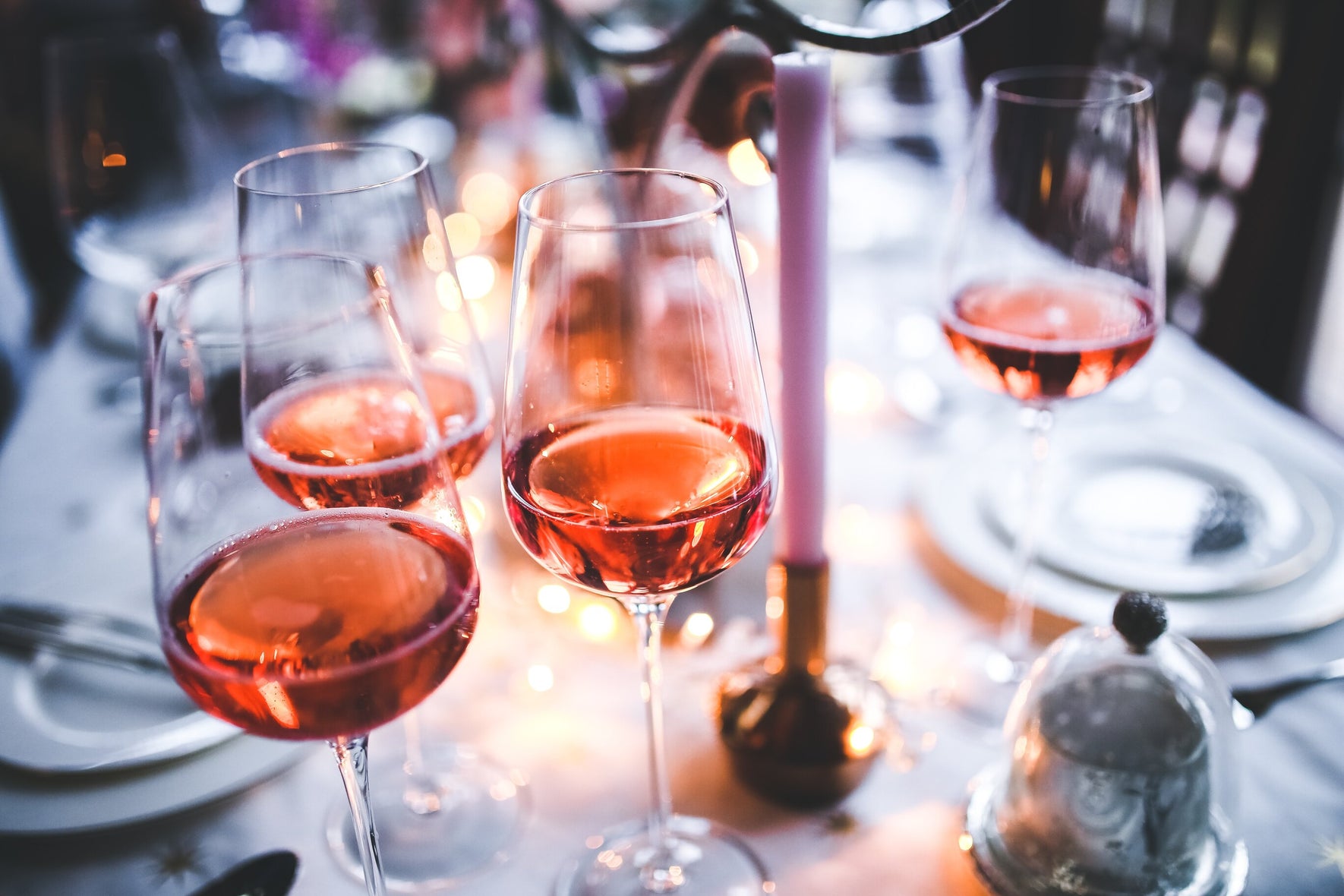
Reasons to Give Dry January A Go
Taking a break from alcohol isn’t just a good idea for your liver, it can have myriad benefits that can make a real difference to you overall health. If you’ve not yet started or your resolve is weakening, read on to discover why Dry January might just be worth sticking with.
Stronger immune system
Drinking too much can weaken your immune system because it damages the immune cells that are responsible for attacking pathogens such as viruses in the body. Alcohol is also adept at increasing inflammation and destroying the microorganisms in the gut, which help keep the immune system ticking over and reduce the risk of infection. According to some studies, just one night of heavy drinking can inhibit your ability to fight off infections up to 24 hours later.
Reduced blood pressure
Alcohol can have a serious long-term effect on blood pressure with studies showing that too much regular heavy drinking is a known factor in hypertension. That’s because alcohol stimulates the release of endothelin 1 and 2, peptides which constrict blood vessels and raise blood pressure. Research has found that just four weeks without a drink is enough to start lowering both blood pressure and heart rate.
Improved weight loss
Booze is bad news if one of your goals is to lose weight. Not only is it high in calories, with the average pint accounting for around 200 plus calories and a large glass of wine about the same, too much booze can make you hungry and lead to you making poor food choices that you otherwise would have the willpower to steer clear of. Drinks that are high in simple sugars, like beer, also lead to fat accumulation around your abdomen, so that beer belly idea is no myth. Drinking alcohol also prevents you from burning fat, because the body uses it as a fuel source before anything else.
Better sleep
While many people who drink find themselves able to fall asleep quickly (thanks to the sedative aspects of alcohol), drinking, particularly before bed, can interfere with healthy sleep patterns. Alcohol suppresses REM sleep (where most of our dreaming and memory consolidation takes place) and as the night progresses, this disruption can cause an imbalance between slow-wave sleep (during which heart rate, breathing and brain activity are all at their lowest and most relaxed) and REM sleep. This confusion of normal sleep patterns mean that overall sleep quality is decreased, which can result in shorter sleep duration and more disruptions throughout the night.
Plumper, peachier skin
High levels of sugar in alcohol cause the breakdown of collagen and elastin in the skin, the proteins responsible for a springy, supple texture. In addition, a glass or two a night can also lead to increased sebum production, dehydration and skin that feels inflamed, itchy or irritated. Alcohol is also a diuretic which causes blood vessels in the skin to dilate and it can cause redness and puffiness. It’s also a known trigger for inflammatory skin conditions like rosacea and psoriasis.
